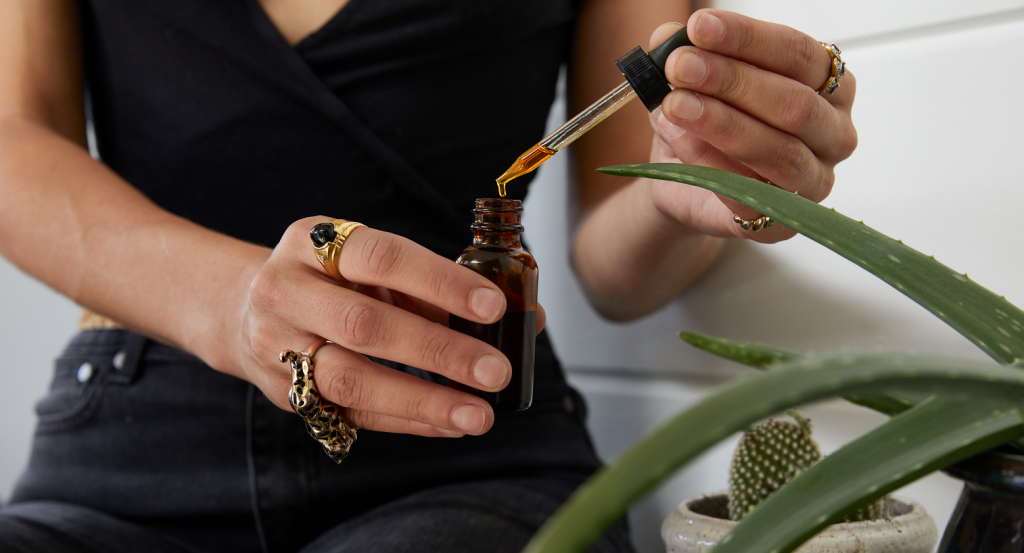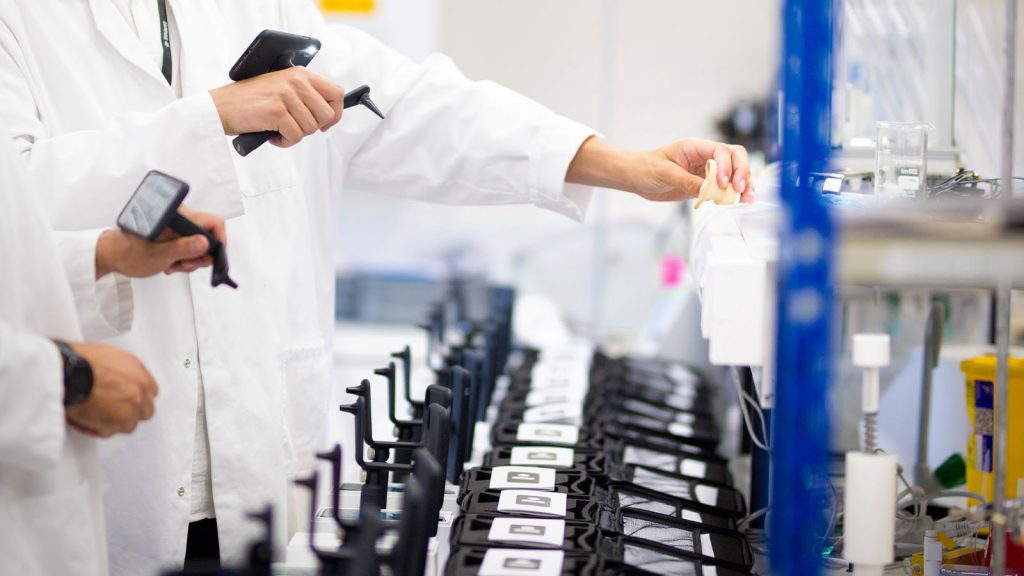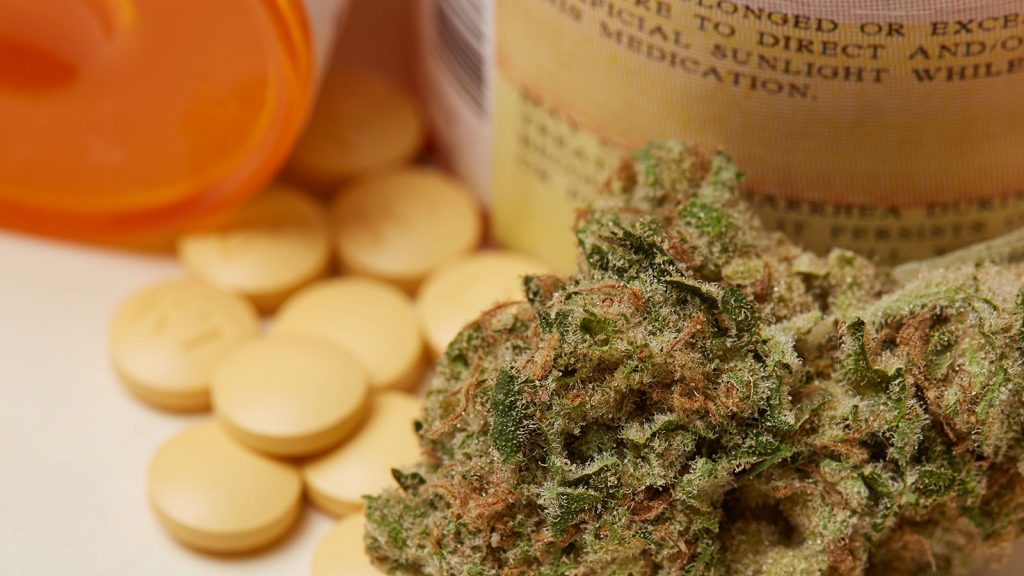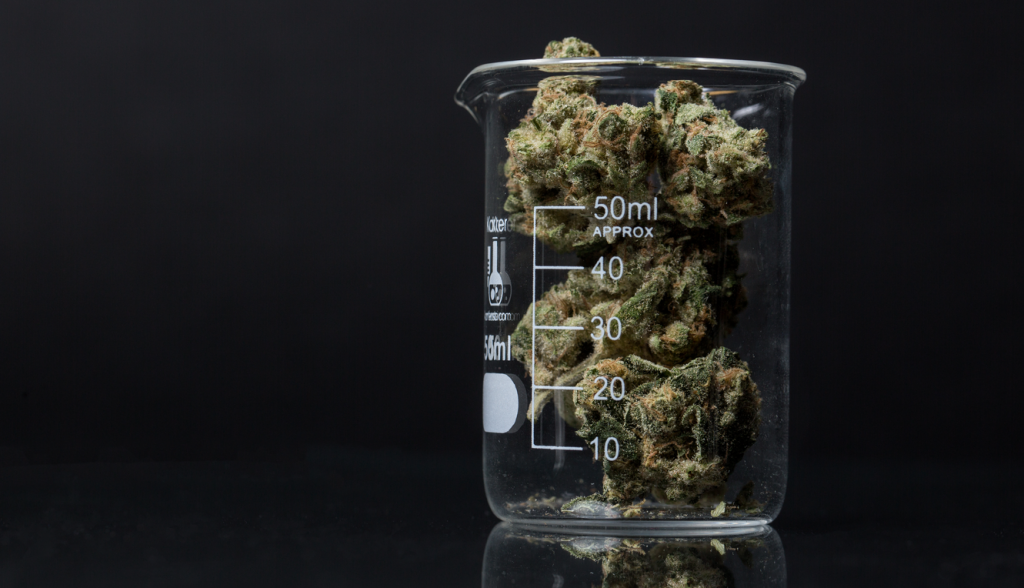
As of 2019, 14 states allow medical marijuana as a prescription treatment for severe ASD, according to the Autism Support Network. Since there is presently no cure for ASD, and the condition can adversely affect language, behavior, and social interactions, physicians and parents are seeking solid treatment options with minimal side effects.
An Overview of the Research
Is marijuana the world's most effective treatment for autism? A 2018 Newsweek article posed this provocative question, chronicling a 4-year-old autistic boy's journey from hyper and stressed on Ritalin to relaxed and orderly with medical marijuana. There is no shortage of reports of autistic children improving on medical marijuana, but is there research to support these anecdotes?
Dr. Orrin Devinsky, director of New York University's Langone Health Comprehensive Epilepsy Center and a participant in clinical trials on ASD and cannabis, explained that “There's not been a huge amount of data generated in this area. There's a lot of religion and not a lot of science."
There are, however, limited studies available and some clinical trials underway to clarify the relationship between cannabis and treating ASD.
What the Studies Tell Us
One study published in 2013 documented that children with autistic disorders have an increased number of cannabinoid receptors on their circulating white blood cells, suggesting an imbalance in their endocannabinoid systems. Cannabinoid receptor numbers often rise when endocannabinoids are not being produced, however, measuring endocannabinoid levels has been difficult because these compounds are made on demand when needed and then broken down as soon as they are used.
Another study, published by Stanford University researchers in Molecular Autism in 2018, documented that children with autism have lower levels of anandamide when compared to children without autism. Anandamide is the brain's “inner cannabis” and it works to balance the neurotransmitter messages that are sent between cells; without this compound, cells are sending inappropriate messages. This is the basis of treating autism with cannabis medicine, as both of the preceding studies demonstrate an endocannabinoid deficiency in children with ASD.
A 2018 Israeli study examined the effects of oral cannabidiol (CBD) and THC on 60 children with autism. Researchers reported strong improvement in behavioral outbreaks of 61 percent of the children following the treatment. However, fewer than half of the children experienced significant improvements in communication and anxiety. In either case, the sample size was limiting and may not offer definitive answers. The scientists were nonetheless encouraged by the results and are now running a clinical trial with 120 children.
Other clinical trials, including one conducted by the University of California, San Diego's Center for Medicinal Cannabis Research are aimed at trying to provide a better understanding of how cannabis interacts with the brain of an autistic child. The majority of these trials are still in process, with one preparing to share results as far out as 2023.

Studies of other neurological disorders, such as epilepsy, could boost future research on cannabis and autism, possibly even leading to approved medications. Epidiolex is the first FDA-approved drug to contain a marijuana-derived ingredient. Intended to treat severe cases of epilepsy, the drug demonstrates a link between cannabis and the improvement of neurological symptoms — in this case, seizures.
In addition, Dr. Bonni Goldstein, medical director of Canna-Centers & Education and a medical adviser to Weedmaps, has found cannabis to be useful in treating traumatic brain injury (TBI). In her article, “The Neuroprotective Properties of Cannabinoids,” Goldstein noted that many of her patients had benefited from cannabis medicine, with better sleep and more stabilized emotions among the reported outcomes.
With cannabis already being used to treat epilepsy and TBI, two challenging neurological conditions without cures, autism spectrum disorder could be next.
Patient Perspectives
Debbie Hosseini of Carpinteria, California, claims that medical marijuana has helped her 15-year-old autistic son significantly.“Kevin calms down within five minutes of receiving it,” Hosseini said. “He is more responsive and verbal, asking more thoughtful questions. He sleeps through the night and doesn't wake up. He has a good appetite. He is less resistant and more manageable and cooperative.”

Hosseini did, however, mention that Kevin seems sleepier during the day, more self-centered and sometimes prone to public outbursts, though it is unclear whether these issues have any connection to medical marijuana. For now, Hosseini and other parents are continuing to use medical marijuana as a tool to manage their children's ASD.
Mieko Hester-Perez, another mother from California, has witnessed vast improvements in her 10-year-old autistic son since giving him medical marijuana in the form of one small brownie every few days. Hester-Perez, who appeared on ABC's “Good Morning America” to share her story, said, “Joey was mellow. He wanted to sit in his room and play with his toys. We noticed that he wasn't on edge as much.”
What the Experts Say
Many expert opinions appear to align with the stories that parents are conveying. Dr. Bernard Rimland, who died in 2006, was the director of the Autism Research Institute in San Diego and wrote extensively about the potential of medical marijuana as a treatment for autism and associated disorders as editor of Autism Research Review International.Today, Rimland's ideas are making progress. Other medical practitioners at the Autism Research Institute agreed with Rimland, and cannabis is listed as a treatment for ASD on the institute's webs ite. Further, the Autism Research Institute is not the only major organization delving into studies on cannabis and ASD. In 2018, Autism Speaks hosted the first scientific conference on ASD and cannabis. Held in New York City, the conference addressed the need for more research into the effects of cannabis on ASD.

“As more states legalize cannabis, we know that a growing number of families affected by autism are considering these products to relieve severe behavioral symptoms, seizures and other challenging autism-related conditions,” said Dr. Thomas Frazier, chief science officer for Autism Speaks.
“But while anecdotal reports of benefit are common, we lack sufficient scientific evidence on effectiveness and risks.”

No comments:
Post a Comment